
In line with the provisions of the Public Financial Management Act, 2016 (Act 921), the Ministry of Finance (MoF) held a consultative meeting to solicit inputs from relevant stakeholders into the 2018 budget and the medium term (2018-2021).
Section 21 (1) (a) of the Act states: "The Minister shall, in consultation with the relevant stakeholders, prepare the proposed annual budget not tater than the 1st of October of each financial year."
The consultation process, instituted ten years ago by the then Finance Minister, Kwadwo Baah-Wiredu, under the Kufour-led New Patriotic Party administration, and given legal effect by Act 921, has, therefore, become a critical milestone in the annual budget process and one of the approaches to improving good governance through better transparency and proper accountability to the citizenry.
This year's consultations were expected to help provide feedback to stakeholders on the implementation of the 2017 economic policies of government; obtain first-hand information on the impact of government's economic policies on private businesses and on the general public; share government's macro fiscal objectives for 2018 and the medium term and to gather the perspectives of stakeholders to shape economic policies in the 2018 budget and the medium term.
Participants included the Association of Building Contractors, Association of Road contractors Ghana, Bank of Ghana (BoG), the Controller and Accountant-General's Department, Council of Indigenous Business Association, Ghana Association of Savings and Loans Companies and the Ghana Real Estate Marketing Association.
The others were the Ghana Revenue Authority, , Ghana Spare Parts Dealers Association, Ghana Statistical Service, Ghana Union of Traders Association, Integrated Social Development Centre, Market Women and the Ministry of Finance.
The rest were OXFAM, MoF, Public Relations/Media, Peasant Farmers Association, SEND Ghana and the Traditional Authorities.
In an address, the Minister for Finance, Ken Ofori-Atta, noted that governance was a joint responsibility that required honest and constructive engagement with relevant stakeholders.
Mr Ofori-Atta said the consultation workshop was in line with the commitment of government to improving the budget process with regular and periodic engagements with stakeholders including civil society and to ensuring that the budget responded to the needs and aspirations of stakeholders as well as promoted transparency and accountability in public expenditure management.
He disclosed that Agriculture would be made more dynamic and used as a catalyst for industrialization, productivity and job creation.
He said in order to attract the resources required for investment in the agricultural sector, the Agricultural Development Bank (ADB) would be supported to return to its core mandate.
Mr Ofori-Atta reiterated government's full commitment to a private-sector-led economy, through the lowering of interest rates, maximization of revenue mobilization and the inculcation of the culture of entrepreneurship as the means to achieving the objective of a Ghana beyond Aid.
He said there was the need to ensure that National Health Insurance Scheme was effectively implemented, adding that a sound economy required healthy population and an effective education backed by a robust skills and vocational training.
The Finance Minister underscored to importance of a sound justice delivery system to economic progress, but warned against the award of unrealistic judgment debts which, he said, would cripple government's finances.
Mr Ofori-Atta urged all taxpayers to honour their tax obligations and stressed the need to stop stealing public moneys through the evasion of taxes, and called for a national dialogue on whose responsibility it should be to protect the public purse.
Source: ISD (G.D. Zaney)
Read Full Story
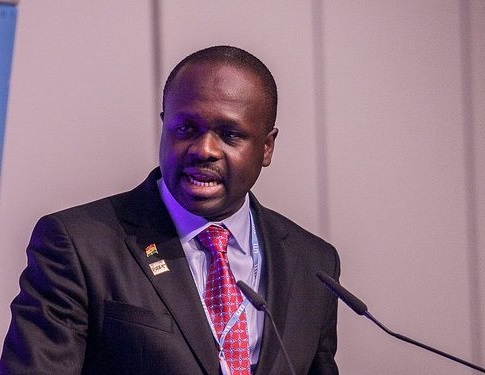
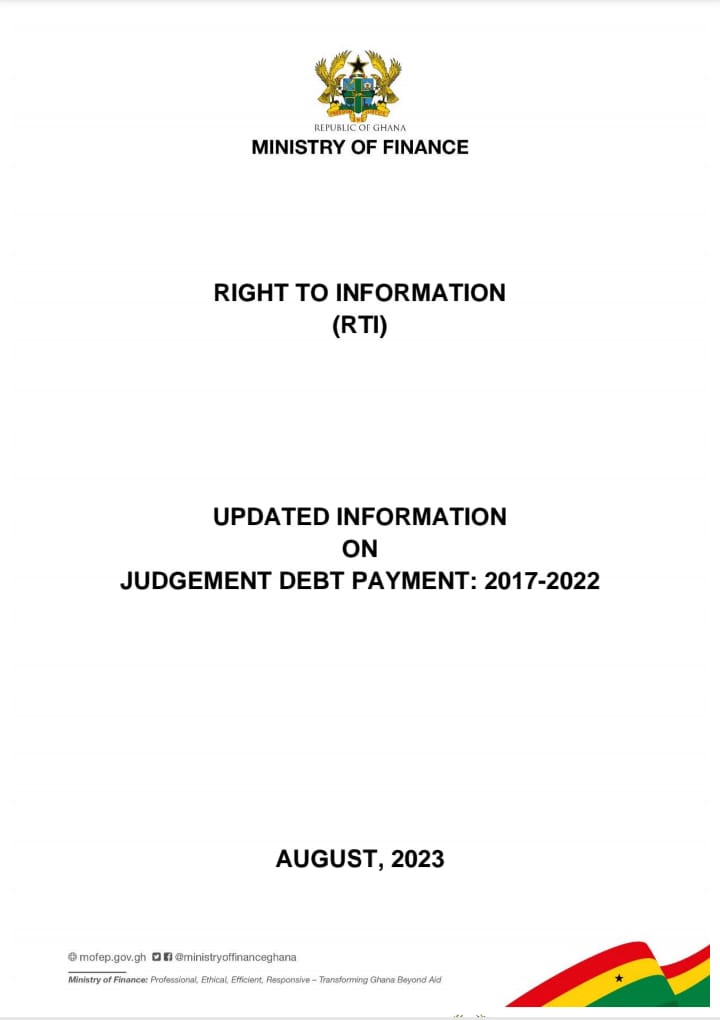

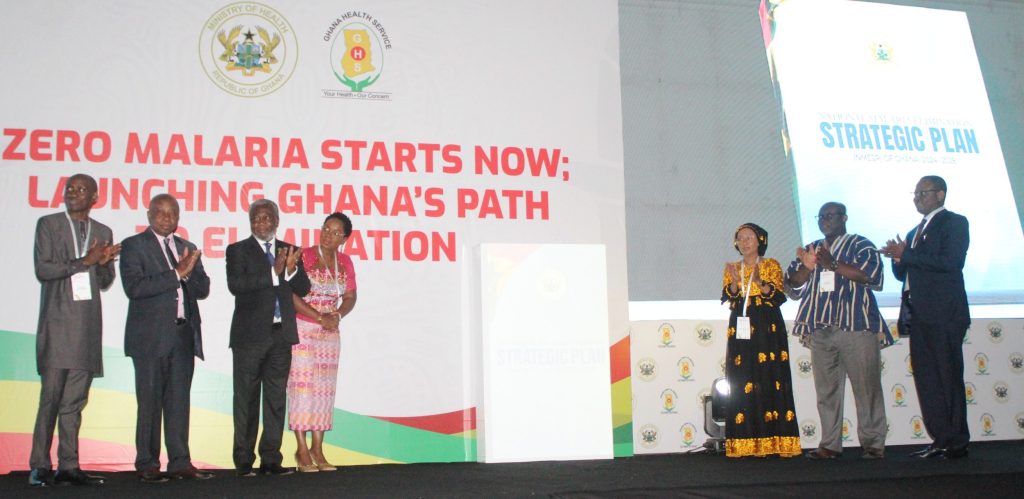













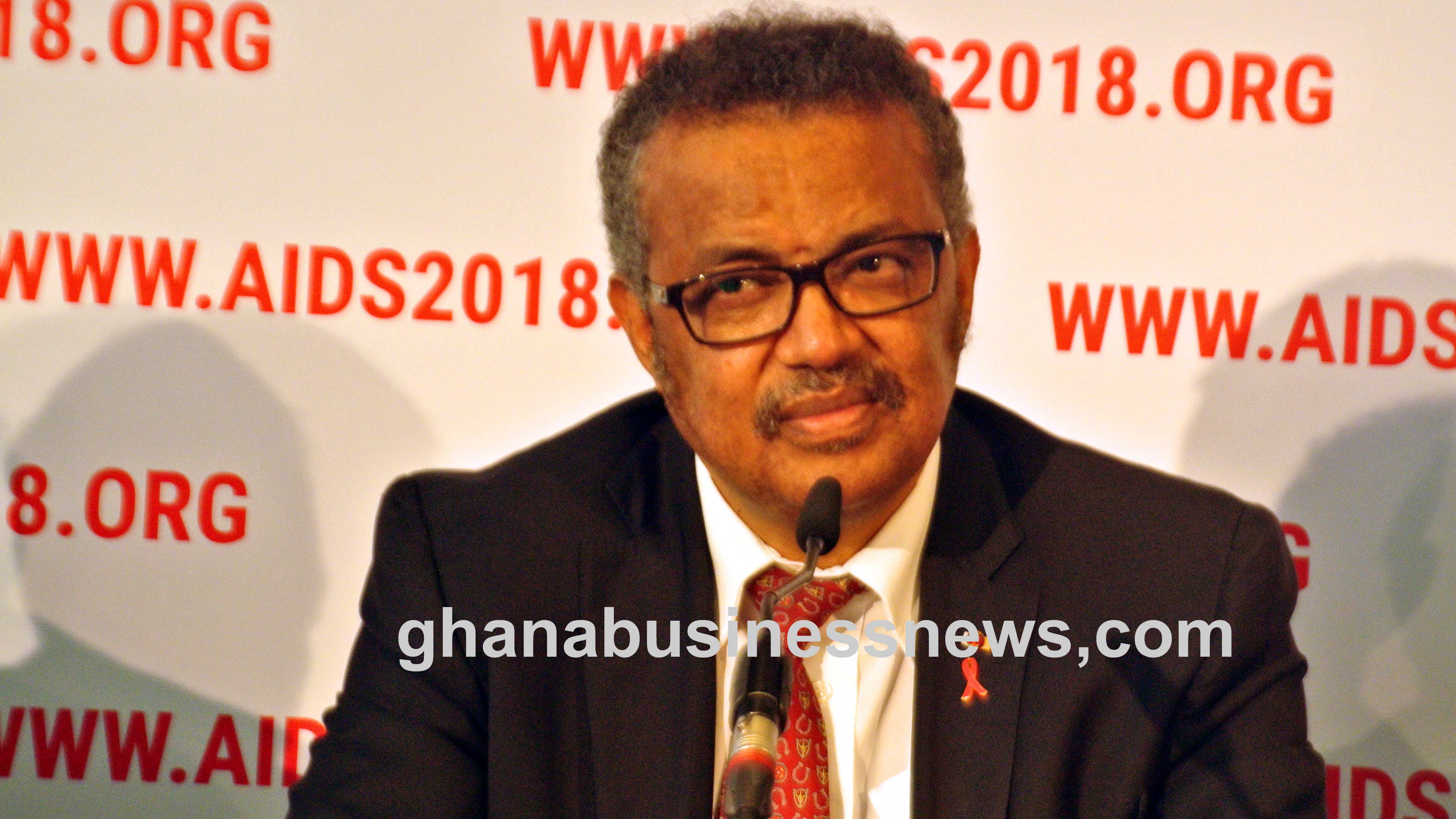
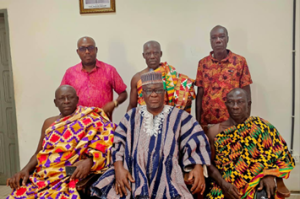



Facebook
Twitter
Pinterest
Instagram
Google+
YouTube
LinkedIn
RSS